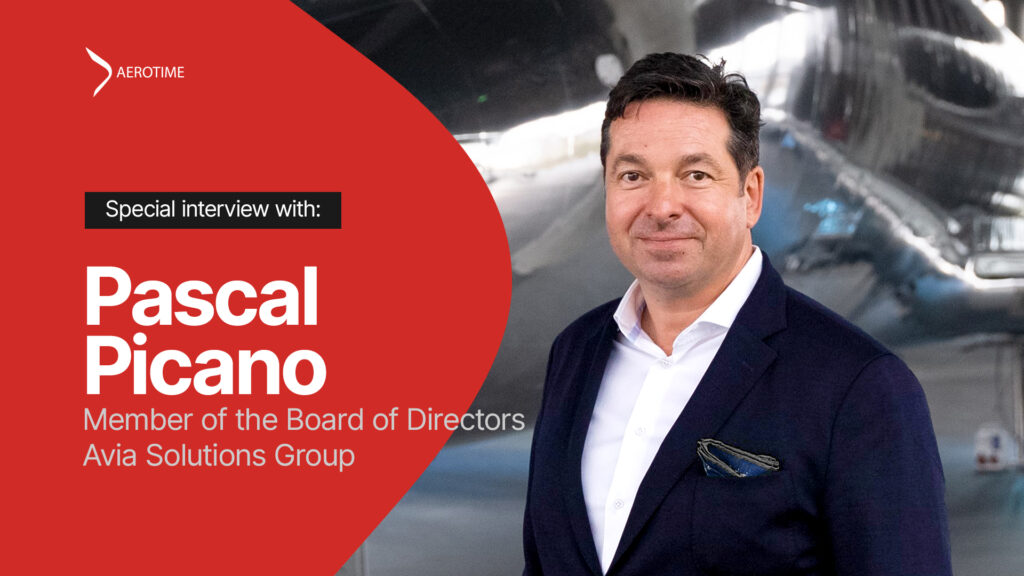Spanning three continents and as many decades, Pascal Picano’s professional trajectory reads like an A-list of the world of aircraft leasing and finance. He has worked at Carlyle Aviation Partners, Apollo Aviation Group, ILFC, and Sumitomo. Prior to that he also held senior positions with major industry players such as Swiss International Airlines, SR Technics and Safran.
At the start of this year, Picano joined the board of directors at Avia Solutions Group, the parent company of AeroTime, so this offered us the perfect chance to sit down with him for an insightful conversation about the inner workings and perspectives of this industry.
AeroTime’s Michael Jonga interviews Picano and they review some of the key factors that make for a successful aircraft leasing business, and the main trends that every professional in this industry should keep an eye on.
What role does the marketing department play in an eminently finance-driven business such as aircraft leasing? You may be forgiven for thinking that, in this business, it all comes down to figures inputted into a spreadsheet.
Pascal Picano explains the importance of achieving the perfect alignment of people, product and market needs to ensure your value proposition is attractive.
Focus and diversification: are they at odds with each other?
Avia Solutions Group serves as an example for Pascal Picano to share some thoughts about how a well-diversified group can combine the advantages of diversification, while remaining focused in each of its business areas.
Environmental, social, and corporate governance (ESG) has taken center stage in business, but particularly in the aviation industry, which has often been singled out for not doing enough to decarbonize. What can the industry do on this front?
And, most importantly, is it doing enough to communicate with all stakeholders, the public, industry peers, governments and regulators?
What is ahead for the ACMI and leasing industries?
At Aerotime’s request, Pascal Picano reflects on some of the macro-trends that are shaping these industries, notably the growth of ACMI operations outside its traditional core markets in Europe and Southeast Asia.
He also talks about how the flexibility of this business model contributes to the vibrancy of the air market sector and has the potential to facilitate the faster adoption of technological change.
